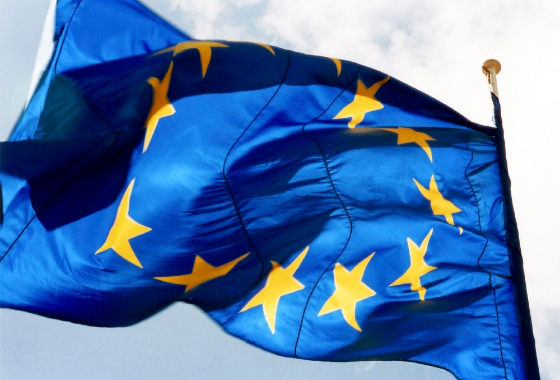Top officials and parliamentarians from the Council of Europe and the European Union have discussed ways of strengthening co-operation between the two organisations, in the light of their shared aims, at a PACE parliamentary hearing which took place on Human Rights Day.
Participants at the hearing, organised by the Assembly’s Political Affairs Committee to mark ten years since the entry into force of the Lisbon Treaty, focused on the EU’s accession to the European Convention on Human Rights, the importance of deepening the relationship at a time when Europe’s core values are being challenged, and the need for greater dialogue between the parliamentary arms of both bodies.
Titus Corlăţean (Romania, SOC), who is preparing a report on this topic for PACE, underlined that the EU’s accession to the Convention – a legal obligation under the Lisbon Treaty – would enable EU citizens to bring cases before the Strasbourg Court, ensure legal certainty, and guarantee the future of human rights protection on the continent: “We must now make sure it happens.” He hailed existing co-operation in other areas, encouraged the EU to continue making use of the expertise of Council of Europe monitoring bodies, and proposed new ways for the European Parliament and Assembly to work together.
Fabienne Keller, a member of the European Parliament’s Committee on Civil Liberties, Justice and Home Affairs, and a former Mayor of Strasbourg, said the shared values of the two organisations were under attack from all quarters, be it populist governments on the inside or foreign powers externally. “We seek to protect our shared values […] and to share our expertise and experience in human rights and the rule of law.” She said the European Parliament was keen to host Council of Europe experts and proposed, among other things, a joint session of the two Assemblies.
Read also
Sandro Gozi, a member of the European Parliament’s Committee on Constitutional Affairs, said it would be necessary to make “limited changes” to meet the concerns of the European Court of Justice over EU accession to the Convention, but he felt the gap between the two courts was “becoming narrower”. He pledged to press the Commission and Council over the Lisbon Treaty commitment to accede. The EU was dealing with its own rule of law problems, he pointed out, but this could be a “catalyst” for a closer relationship between the EU and the Council of Europe.
Stefano Sannino, who is shortly to take up a position as head of the European Union’s External Action Service, focused on the shared aims of the two organisations in “a complicated period” and an ever more fragmented world. “We need to fight together for things we believe in,” he said, citing the opening words of the UN Declaration that all human beings are born free and equal in dignity and rights. Listing the many areas of shared work, he concluded: “We need to anchor Europe in the international system – and the Council of Europe and EU are at the core of this effort.”
Jeroen Hooijer, a leading official from the European Commission, began with four concrete examples of complementary work between the two organisations: the rule of law, democracy, fighting gender-based violence and Artificial Intelligence. He cited the work of the Venice Commission, GRECO and other Council of Europe monitoring bodies, adding: “We want to achieve an intense dialogue on the rule of law, and are convinced the Council of Europe can play an important role […]. Our values are under attack, and we are strong allies in protecting the basic values of our societies.”
Christos Giakoumopoulos, head of Human Rights and Rule of Law at the Council of Europe, underlined the Council of Europe’s excellent co-operation with the EU’s Fundamental Rights Agency, among other areas, and hailed the restarting of negotiations on the accession issue as “a political signal of the commitment of both our organisations, and the member States, to the basic values at the basis of European integration”. He pointed out the benefits of accession for the different parties, but above all for the citizens of Europe. There were difficulties ahead in the negotiations, he said, but these were not insurmountable: “Agreement will necessarily be a compromise package, which must be acceptable to all.”
The hearing will contribute to the drafting of Mr Corlăţean’s report, which is due to be debated by the plenary Assembly in due course.
PACE

























































